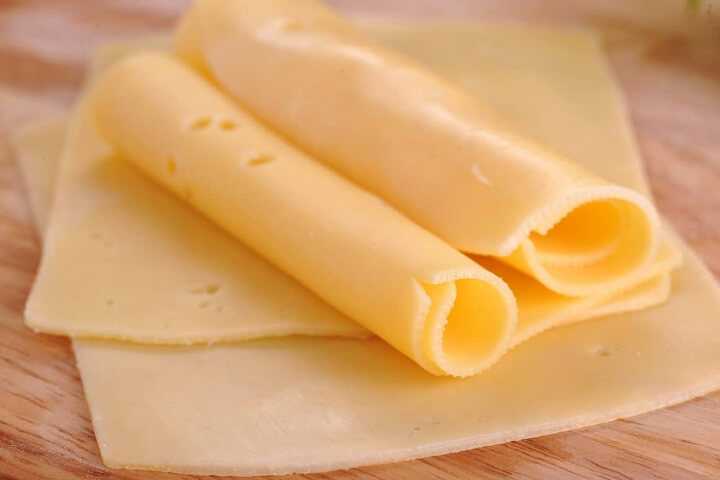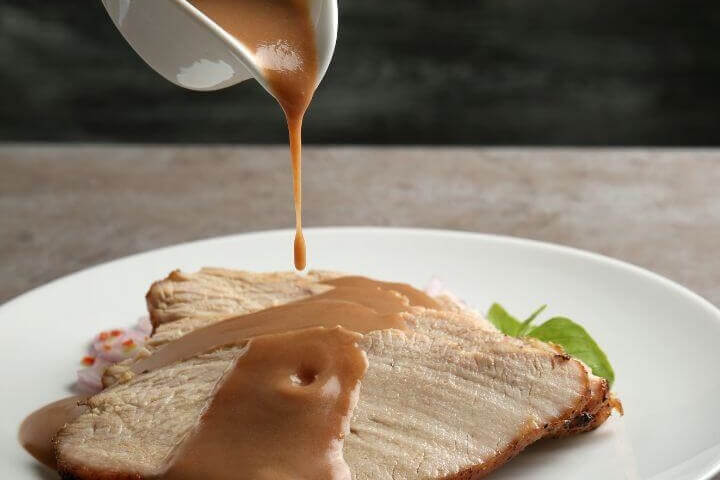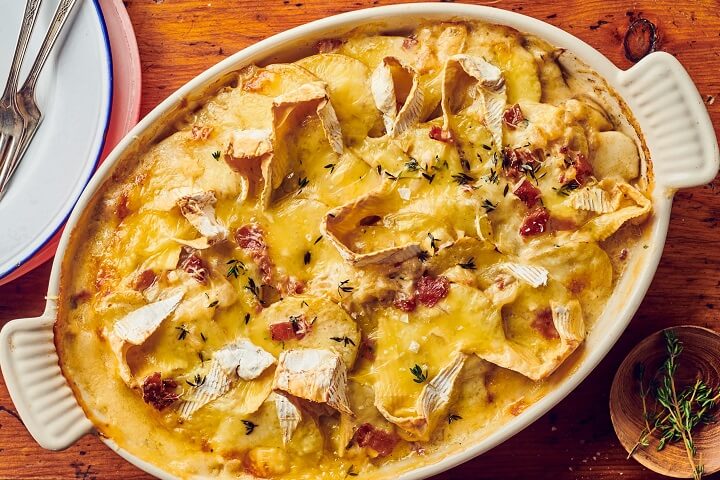Hey there, culinary explorers! Ever find yourself with a surplus of egg whites after a bout of yolk-heavy recipes like Hollandaise sauce or Crème Brûlée?
You’re probably wondering what to do with those leftover egg whites. Should they be banished to the back of the fridge, only to be forgotten and eventually thrown away?
Nope, I’ve got good news for you: egg whites can be frozen for later use, and I’m here to guide you through the process. So, grab a whisk and let’s dive in!
Can You Freeze Egg Whites?
Short answer: Absolutely, yes!
Egg whites are incredibly versatile and, luckily, highly freezable. Freezing is a fantastic way to extend their shelf life without compromising their quality. It’s a convenient option for those who don’t have immediate plans to make meringues, soufflés, or egg white omelets. Just think about it—saving those extra egg whites can come in handy when you least expect it.
How To Freeze Egg Whites?
Step 1: Separate the Whites from the Yolks
- Break the egg: Crack the egg on a flat surface. A flat surface helps prevent shell shards from ending up in your whites.
- Divide carefully: Hold the egg over a bowl and let the egg whites slide out as you transfer the yolk back and forth between the two halves of the eggshell.
- Discard the yolk or keep for another recipe.
Step 2: Portion the Egg Whites
- Measure: Use a liquid measuring cup to figure out how many egg whites you have.
- Portion Control: If you’re planning to use them for specific recipes, measure the exact amount needed for each recipe into individual freezer-safe containers.
Step 3: Label and Store
- Label: Write the date and quantity on a piece of freezer tape and stick it to your container.
- Seal: Make sure the container is airtight to prevent freezer burn.
- Freeze: Place the container in the coldest part of your freezer.
Step 4: Optional – Whisk the Whites
Some people like to whisk the egg whites lightly before freezing. This makes it easier to incorporate them into recipes later on. If you decide to go this route, make sure to whisk just until slightly frothy—not until stiff peaks form.
How Long Can You Freeze Egg Whites?
Short Answer: Up to 12 Months
Yes, you read that right—egg whites can be stored in the freezer for up to a year. While they might lose a bit of their whipping power over time, they’ll still work wonderfully in recipes like cakes, waffles, and even cocktails. So go ahead and stock up!
How To Defrost Egg Whites?
Thawing egg whites is as simple as freezing them, but there are a couple of methods you can choose from depending on your time frame.
Method 1: Overnight Thawing
- Plan Ahead: Take the egg whites out of the freezer the night before you need them.
- Fridge Time: Place the container in the refrigerator and let it sit overnight. By morning, your egg whites should be perfectly thawed and ready to whip into shape.
Method 2: Quick Thaw
- Water Bath: Place the sealed container of frozen egg whites in a bowl of cold water.
- Check Periodically: Change the water every 30 minutes until the egg whites have thawed.
Note: Avoid using hot water or the microwave to thaw egg whites. These methods can partially cook them, making them unsuitable for most recipes.
Do Egg Whites Freeze Well?
Short Answer: Yes, Very Well
Freezing egg whites does not significantly affect their texture, color, or flavor. You might notice a slight reduction in their ability to form stiff peaks when whipped, but for most recipes, frozen-thawed egg whites work just as well as fresh ones. If your recipe calls for stiff peaks, just add a tiny pinch of cream of tartar to help them along.
Can You Refreeze Egg Whites?
Short Answer: Not Recommended
While technically possible, refreezing previously frozen egg whites is not advised. The texture and quality will degrade significantly, affecting their performance in recipes. It’s best to only thaw what you’ll use to ensure you’re getting the best results possible.
Creative Ways to Use Egg Whites
Alright, now that we’ve tackled all the nitty-gritty details, let’s get to the fun part—cooking! Here are some creative ways you can put those egg whites to good use:
- Meringue Cookies: Light, crispy, and oh-so-delicious.
- Angel Food Cake: The heavenly cake that’s as light as a cloud.
- Egg White Omelet: Pack in those proteins with a veggie-loaded egg white omelet.
- Cocktails: Ever tried a frothy Pisco Sour or a velvety Whiskey Sour? Egg whites can do wonders in cocktails.
- Macarons: Master the art of French patisserie with this classic treat.
- Royal Icing: Perfect for decorating cookies and cakes.
Conclusion
So there you have it, folks! Freezing egg whites is not just possible; it’s a fantastic way to reduce waste and make your cooking endeavors more efficient. Whether you’re a weekend baker or a culinary whiz, saving those egg whites for future recipes is a smart move. Happy cooking!
FAQ
Can I freeze egg whites in ice cube trays?
Absolutely! Ice cube trays are a great way to portion out egg whites. Just remember to transfer them to an airtight container once they’re fully frozen.
How do I measure frozen egg whites?
Generally, two tablespoons of thawed egg whites equal one large egg white. Keep this in mind when adapting recipes.
Can frozen egg whites be used for meringues?
Yes, but they may require a bit more whipping and possibly a stabilizer like cream of tartar to achieve stiff peaks.
Do frozen egg whites smell different?
No, freezing should not alter the smell of egg whites. If you notice an off odor, it may be a sign of spoilage.
How can I prevent freezer burn on egg whites?
Make sure to use airtight, freezer-safe containers, and try to use the egg whites within 12 months for the best quality.
Can I freeze whole eggs?
Yes, but they need to be beaten together first. Whole frozen eggs are best used in scrambled eggs or baked goods.










